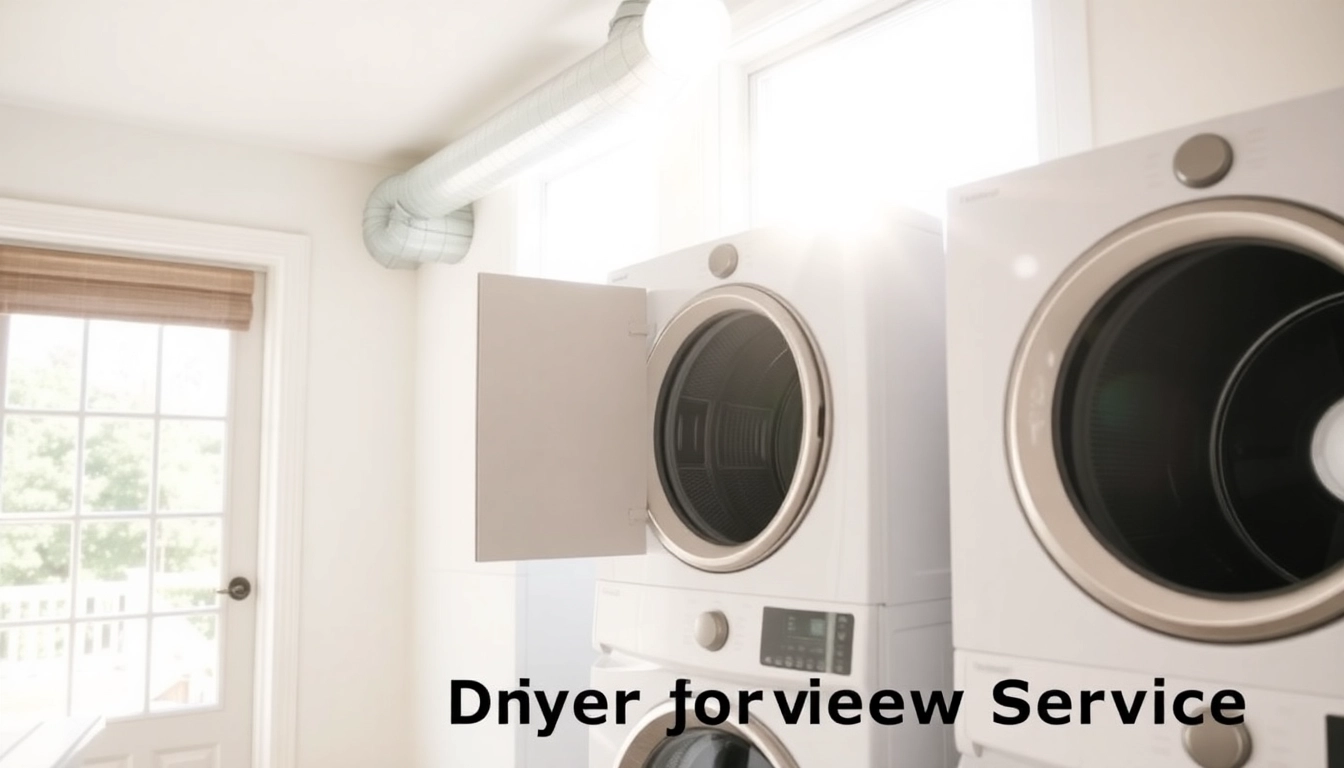Understanding the Role of Virtual Assistants in Real Estate
In the fast-paced world of real estate, efficiency and productivity are key to success. As agents juggle numerous responsibilities, from client interactions to paperwork management, the demand for effective solutions has led to the rising popularity of virtual assistant services. These professionals offer dedicated support tailored specifically to the needs of real estate agents, allowing them to focus on their core competencies and ultimately enhance their business performance. Employing the best virtual assistant services for real estate agents can be a game-changer, enabling agents to streamline processes and save time.
What Do Virtual Assistants for Real Estate Agents Do?
Virtual assistants (VAs) in the real estate sector are equipped to handle a diverse range of tasks that help agents manage their workload more effectively. Their roles encompass everything from administrative support to marketing efforts. Depending on the agent’s needs, these virtual professionals can assist with:
- Lead generation and management
- Client follow-ups and communication
- Scheduling appointments and showings
- Data entry and CRM management
- Market research and analysis
- Social media management and marketing
- Preparing listing presentations and marketing materials
Benefits of Hiring a Virtual Assistant
Integrating a virtual assistant into a real estate practice presents numerous benefits:
- Time Savings: By delegating routine tasks, agents can devote more time to client interactions and closing deals, which is where they excel.
- Cost-Effective: Hiring a VA can often be more affordable than employing a full-time administrative staff member, particularly for smaller agencies or solo agents.
- Increased Productivity: With a VA handling administrative duties, agents often find their productivity levels increase, which can lead to greater commission earnings.
- Flexibility: Virtual assistants offer flexible working hours, accommodating the often irregular schedules of real estate professionals.
- Expertise: Many VAs specialize in real estate, bringing valuable industry insights and skills that can improve business operations.
Common Tasks Handled by Real Estate VAs
Real estate virtual assistants handle a variety of tasks, allowing agents to focus on higher-value activities:
- Managing email and phone communications
- Inputting and updating listings on multiple platforms
- Creating market reports and analyzing trends
- Overseeing social media and online presence
- Assisting with transaction coordination and documentation
Choosing the Right Virtual Assistant Service
Not all virtual assistant services are created equal. Selecting the right service demands consideration of various factors that align with the specific demands of a real estate agent’s business.
Key Features to Look for in a VA Service
When evaluating potential virtual assistant services, agents should consider the following key features:
- Expertise in Real Estate: Opt for VAs who have proven experience in the real estate sector.
- Service Customization: The ability to tailor services to fit your specific business needs is crucial.
- Scalability: As your business grows, your VA service should be able to expand with you.
- Transparent Pricing: Clear pricing structures with no hidden fees help agents budget effectively.
- Strong Communication Skills: VAs must possess excellent written and verbal communication skills for effective client interactions.
Comparative Analysis of Popular VA Services
The following is a comparative analysis of some of the leading virtual assistant services tailored for real estate:
| Service Provider | Starting Price | Hours/Week |
|---|---|---|
| Virtudesk | $254 | 20 |
| Summit VA Solutions | $1500 | 40 |
| Transactly | $49 | 1-3 Transactions |
| Task Bullet | $220 | 20 |
Evaluating Costs vs. Benefits
When deciding on a virtual assistant service, it’s essential to weigh the initial costs against the potential benefits. For many real estate professionals, the return on investment (ROI) can be significant. Improved time management translates directly into increased sales opportunities and higher closing rates. Analyzing historical performance metrics before and after hiring a VA can help illustrate this impact.
Top Virtual Assistant Services for Real Estate Agents
With a plethora of options available, here is a curated list of some of the best virtual assistant services specifically tailored for real estate agents.
Overview of the Best Options Available
This section details several reputable virtual assistant services that have gained traction in the real estate sector:
- MyOutDesk: Renowned for its extensive experience, offering various virtual assistant solutions tailored to the specific needs of real estate agents.
- TaskBullet: Known for its flexible pricing and robust support options, allowing agents to engage VAs for less intensive tasks.
- Virtudesk: Specializes in customizable solutions with a focus on real estate tasks, they are preferred by agents looking for more specialized assistance.
- ClearDesk: Connects agents with tailored VA options, supporting both part-time and full-time engagements.
- WonderVA: Offers affordable rates and services focused on lead management and administrative tasks.
User Reviews and Testimonials
Prospective users of virtual assistant services should consider reviews and testimonials to gauge the effectiveness of different providers. Many positive experiences cite increased productivity and sales volume after hiring a talented VA. However, it’s imperative to scrutinize both positive and negative feedback to make informed decisions.
Case Studies of Successful VA Deployments
Real-world success stories can provide invaluable insight into the effectiveness of various VA services. For example:
A real estate firm in Texas reported a 40% increase in leads after onboarding a dedicated virtual assistant who managed their social media accounts and follow-ups. Another agent observed a substantial decrease in administrative workload, freeing up time to close three additional sales per month after hiring a part-time VA to assist with listings and client communications.
Tips for Working Effectively with a Virtual Assistant
Once a virtual assistant service has been selected, the next step is to ensure the relationship is productive and effective. Here are some tips to maximize the benefits of working with a VA:
Setting Clear Expectations and Goals
Establishing clear expectations from the outset is crucial for a successful partnership. Define specific roles, responsibilities, and performance metrics. Setting short and long-term goals can help VAs understand how their contributions fit into the larger picture of your real estate business.
Tools for Collaboration and Communication
Using collaboration tools like Slack, Trello, or Asana can facilitate effective communication. Regular check-ins and updates can help maintain accountability and ensure that projects stay on track. Leveraging technology enhances the interaction between agents and their VAs, leading to improved task management and efficiency.
Monitoring Performance and Providing Feedback
Tracking the performance of your virtual assistant is vital. Use established KPIs to monitor productivity and compliance with deadlines. Offering constructive feedback creates an environment of continuous improvement, benefitting both the VA and your business.
Future Trends in Virtual Assistance for Real Estate
As the landscape of real estate continues to evolve, trends in virtual assistance are also changing. Staying informed about these developments can help agents adapt and thrive.
Technological Innovations Shaping VA Services
As various industries embrace technological advancements, so does the virtual assistance field. AI tools and automation software are increasingly being utilized to enhance efficiency and accuracy in tasks managed by VAs. Tools such as chatbots for client inquiries and automated scheduling platforms are reshaping the evolving role of virtual assistants in real estate.
Adapting to Market Changes and Client Needs
The ability to pivot according to market trends is essential. As clients demand more customized experiences, VAs must be adaptable—offering personalized service and engaging in client relationship management that aligns with the latest real estate market shifts.
Preparing for the Future of Real Estate Assistance
Real estate agents must foresee their future needs in virtual assistance. This may involve evaluating long-term contracts or searching for services that promise continued growth and adaptability. Agents who proactively prepare for the emerging capabilities of virtual assistance services will undoubtedly hold a competitive advantage in the landscape of real estate.



